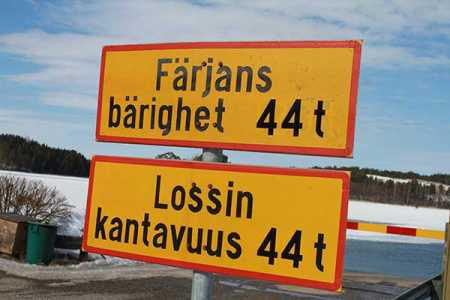|
Mon, 17 Nov, 2014 12:10:23 AM Bilingualism in municipalities to be earmarked under new criteria FTimes - STT Report, Nov. 17  The sign showing location in Swedish language city. File Photo – Str / Lehtikuva. Bilingualism of municipalities will be earmarked under the upcoming municipality reforms creating a threat to the existence of unilingual Swedish municipalities in the country.
The changes proposed to the Language Act are related to reorganisation of the systems of central government transfers to local government which will be in place by the beginning of 2015.
Following the changes, in mainland Finland, it will reach a point where municipalities will either be Finnish speaking only or bilingual.
At the moment, there are three Swedish speaking municipalities which are unilingual in mainland Finland and they too, may become bilingual as by the reform plan.
Based on the country’s current Language Act, a municipality becomes automatically bilingual, if the number of inhabitants using the other language exceeds 8 per cent of the total population or if the language is spoken by 3,000 inhabitants.
According to the law, whether a municipality should be unilingual or bilingual can be changed once in every 10 years.
For municipalities such as Luoto, Närpiö and Korsnäs, the only Swedish speaking municipalities in the mainland Finland, this milestone would only be achieved by 2,023.
In the past, the basis for language allowance in a municipality was based on how many number of Swedish speaking population between the ages 6 and 15 inhabited a municipality. According to the current proposal, only bilingual municipalities will be eligible for language allowances.
In the future, this basis for language allowance will be determined by the total number of residents in a municipality and the total number of Swedish speaking inhabitants in that municipality.
According to Leidenius, language allowances would not be based solely on presence of Swedish-speaking students in the so-called language-islands.
“For instance, in Tampere, Oulu, Pori and Kotka, there are schools that offer basic education for Swedish-speakers only,” said Leidenius
More News
|
|
Finland Times
| Thursday, 02 May, 2024 |

